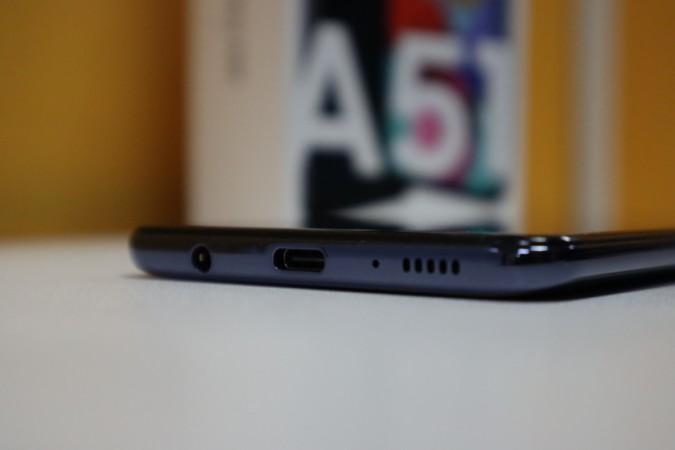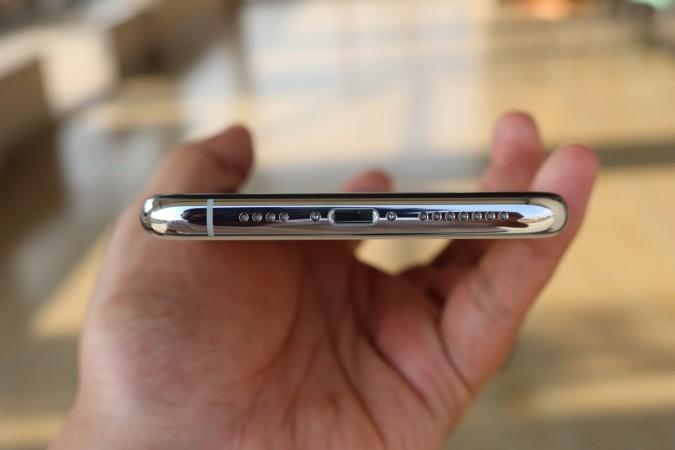Apple's resistance to moving away from its unique charging ports might have to end. Members of the European Parliament have voted in majority favouring a common mobile charger, which could spell trouble for Apple.
EU lawmakers have urged the European Commission, which drafts EU laws, to pass a law that would require manufacturers to adopt a single charging cable standard. With 582 to 40 vote, the new EU law could prevent consumers from buying a new charger every time they upgrade their phones.
The lawmakers say they want the European Commission to table the legislation latest by July this year. Going by the current standard, manufacturers would need to offer USB Type-C chargers for all new smartphones in Europe.
Why the call for common mobile charger?
This is not a new fight. The EU had been calling OEMs to shift to a common charger for mobile phones for over a decade now. But the adoption wasn't successful, which is why the EU members felt the need for legislation.

The aim is to reduce e-waste, which has some alarming numbers. According to Reuters, about 16.6kgs worth e-waste per EU inhabitant was generated in 2016. The total was 12.3 million tonnes, which the lawmakers feel could have been reduced drastically with a common mobile charger.
What does it mean for Apple?
USB-C chargers have already become an industry standard for mobile phones. While it common to find a USB Type-C charger in Android phones, Apple has been resilient to make the shift. The iPhones still feature Lightning ports for charging, which requires for a special cable just for Apple smartphones and tablets.

With EU's new law in effect, Apple could be the one to take the biggest hit. The Cupertino-based tech titan had expressed its disagreement with the EU last week. "More than 1 billion Apple devices have shipped using a Lightning connector in addition to an entire ecosystem of accessory and device manufacturers who use Lightning," Apple said, adding that moving to USB-C would result in a mountain of e-waste.
The company also noted that forcing the regulation would affect innovation and affect consumers. Apple's argument is fair, but the call for action to address the e-waste problem is equally important.
Apple is yet to issue a statement.

















